
SHIJIAZHUANG, April 13 (Xinhua) -- As a mother-to-be in May, Xu Shi said she is worried about feeding her child properly, as an online purchasing agent has failed to supply the foreign baby formula she ordered a month ago.
A resident of north China's city of Shijiazhuang, Xu said she has been rebuffed by online purchase agents more than once, as a number of countries have started implementing milk powder purchase restrictions.
"I prefer to buy Nutrilon or Friso (brands of baby formula made in the Netherlands) first. If I can't, I turn to Karicare from New Zealand or Cow & Gate from Britain," Xu said.
Xu said a supply shortage has resulted from those countries' purchase restriction policies, although there are sufficient supplies of domestic milk powder in her city's supermarkets.
Just 28 percent of Chinese children under the age of six months are breastfed, according to data from the UN Children's Fund.
The majority of Chinese infants are fed with baby formula, a fact that has failed to revitalize domestic milk powder manufacturers, which suffered a major blow in 2008 following a food safety scandal.
The Sanlu Group, a manufacturer based in Shijiazhuang, was found to have sold milk powder contaminated with melamine, an industrial compound used to create plastic. Six infants died from consuming the tainted powder, resulting in a scandal that led to jail terms for local officials, as well as raised food safety concerns.

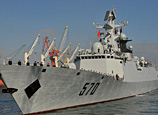
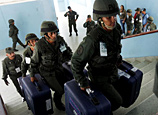

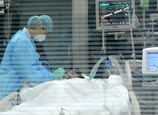
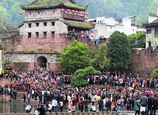
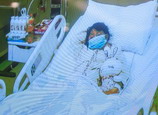
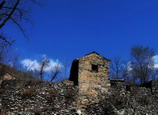
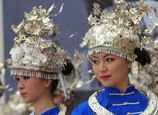
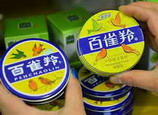
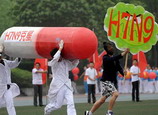






 Bird flu takes toll on poultry industry
Bird flu takes toll on poultry industry


![]()
